Thanksgiving Stuffing
by Jordan Rubin
from Extraordinary Health Newsletter Issue 104
It’s not unusual for many to overindulge during Thanksgiving or other holidays, but there’s more at stake than indigestion and feeling bloated. Loading up on the turkey, mashed potatoes and gravy, stuffing, cranberry sauce, rolls and butter, pumpkin pie and other foods—binge-style—can increase risk for heart attack, gallbladder pain and dangerous drowsiness when driving home.
On average, Americans consume about 4,500 calories and 229 grams of fat (mostly unhealthy fat) on Thanksgiving Day, says the Calorie Control Council. Dr. Pamela Peeke, assistant clinical professor at the University of Maryland’s School of Medicine, remarks that the typical Thanksgiving meal is “like a tsunami of fat coming into the body.”
Interestingly, when food travels through the body, it releases digestive fluids, chemicals and hormones along the way. An average meal takes 1 to 3 hours to leave the stomach, but a large meal like the Thanksgiving meal may take 8 to 12 hours to leave the stomach. And speaking of the stomach…did you know that the average stomach capacity is about 8 cups, but can range from 4 to 12 cups?
That’s a lot of stomach room—and many people fill up their tummies over the holidays. Interestingly, after about 1,500 calories in one sitting, the gut releases a hormone that causes nausea so most folks may begin to slow their eating—although many push those limits and keep eating.
The stomach isn’t the only thing that’s stretched during a big meal, though. The body becomes stressed and has to work harder, too. The extra digestion required makes the heart pump more blood to the stomach and intestines—which can stress the heart. Consuming larger amounts of unhealthy fatty foods can also cause the blood to clot more easily, says Dr. Francisco Lopez-Jimenez, a researcher at the Mayo Clinic College of Medicine. That could result in higher heart attack risk. In fact, Dr. Lopez-Jimenez conducted a study which showed a four-fold increase in heart attack risk in the two hours following eating a large meal. In a separate study, Israeli researchers said that there is a seven-fold increase of heart attack risk after eating too much at one sitting.
The gallbladder works extra hard after a big meal, too, squeezing out bile to help with fat digestion. This exertion may spark a gallstone attack. It can be a sneak attack for many, too, since they don’t even realize they have gallstones until they overeat and experience the discomfort of gallstones.
Then there’s the “carb coma” that often follows big meals, which can make people feel like they need to nap—and that’s where another danger may lurk. For those who get back on the road soon after eating, drowsiness could overtake them and make them more susceptible to accidents.
That doesn’t mean you can’t enjoy Thanksgiving meals and other holiday celebrations, though. Just be sure not to stuff yourself.
Leave the stuffing for the turkey!




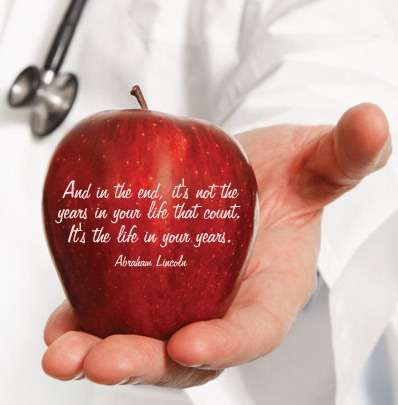



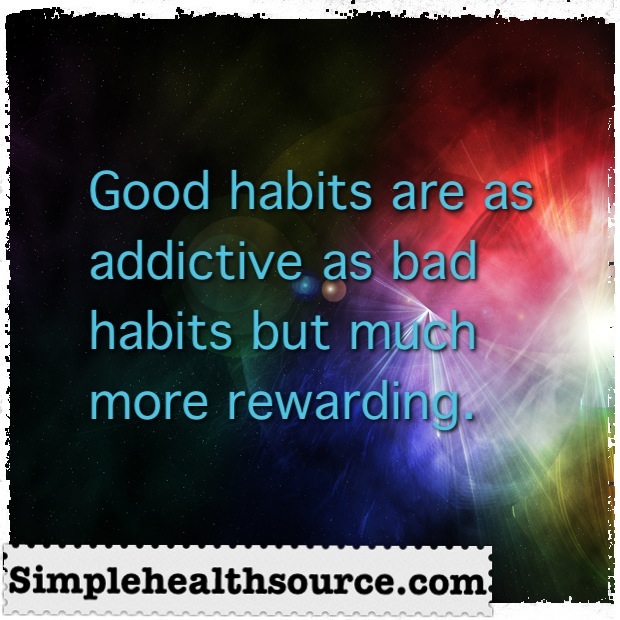


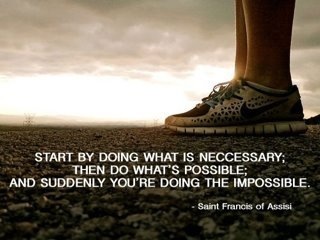
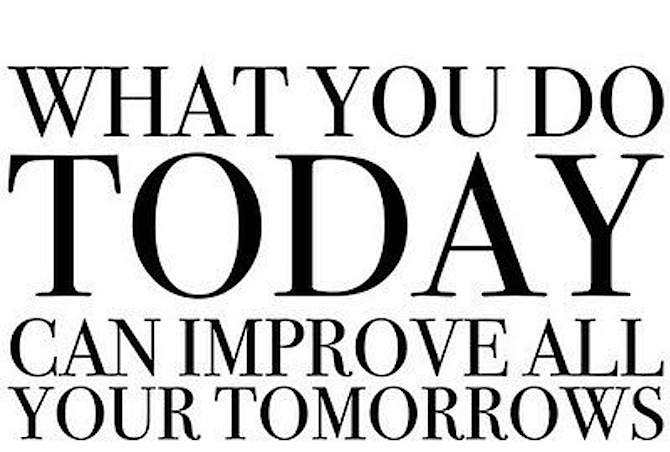

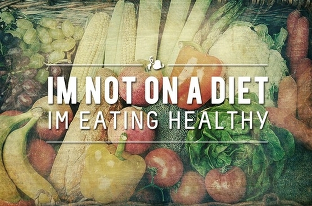

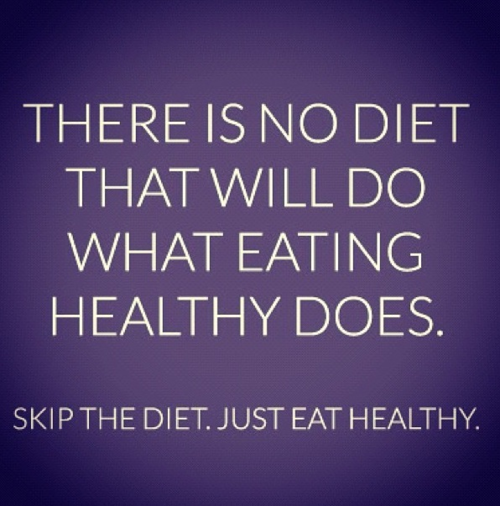
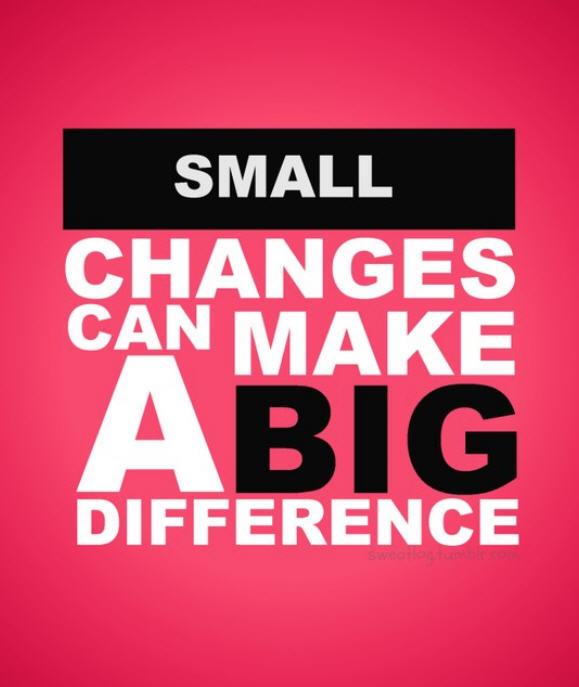


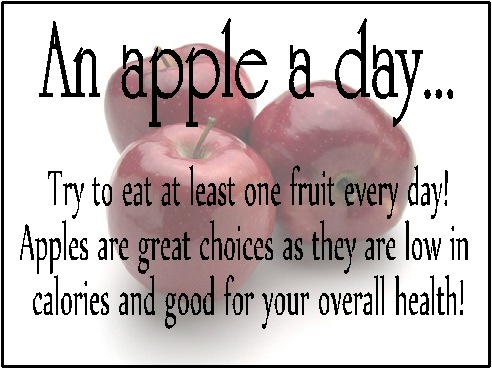
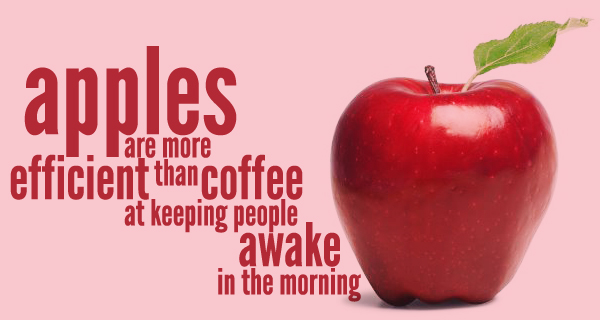

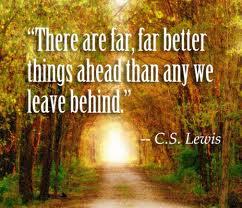

Comments on this entry are closed.